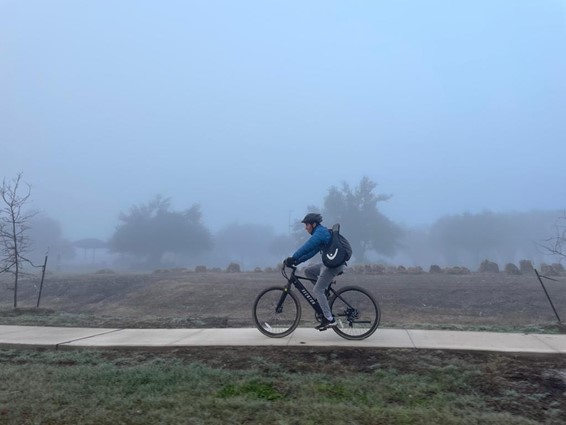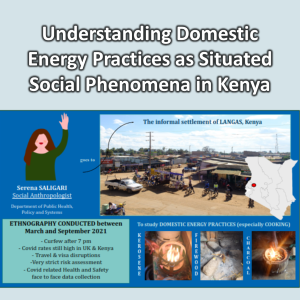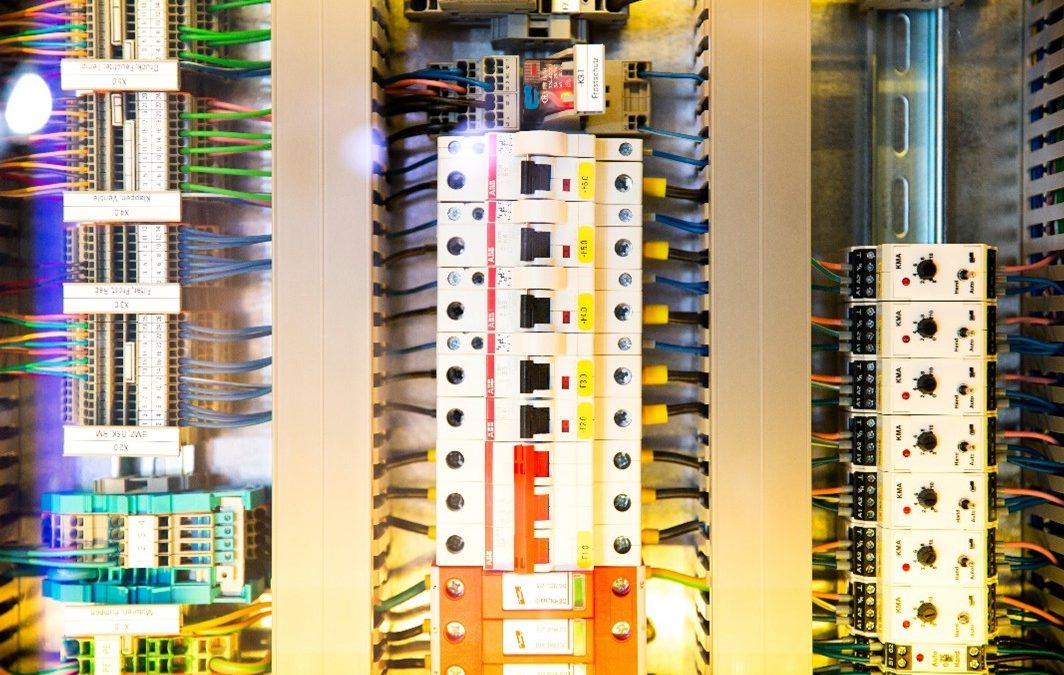by Léa Weimann
From my first Climate Strike in December 2015, I knew that I wanted to participate in a Conference of the Parties (COP) on Climate Change. I wanted to take the energy, passion, and frustration I felt as a teenager protesting in the streets into the negotiating rooms that decide our future. Eight years later, the reality of that dream is very different from what I had imagined.






















